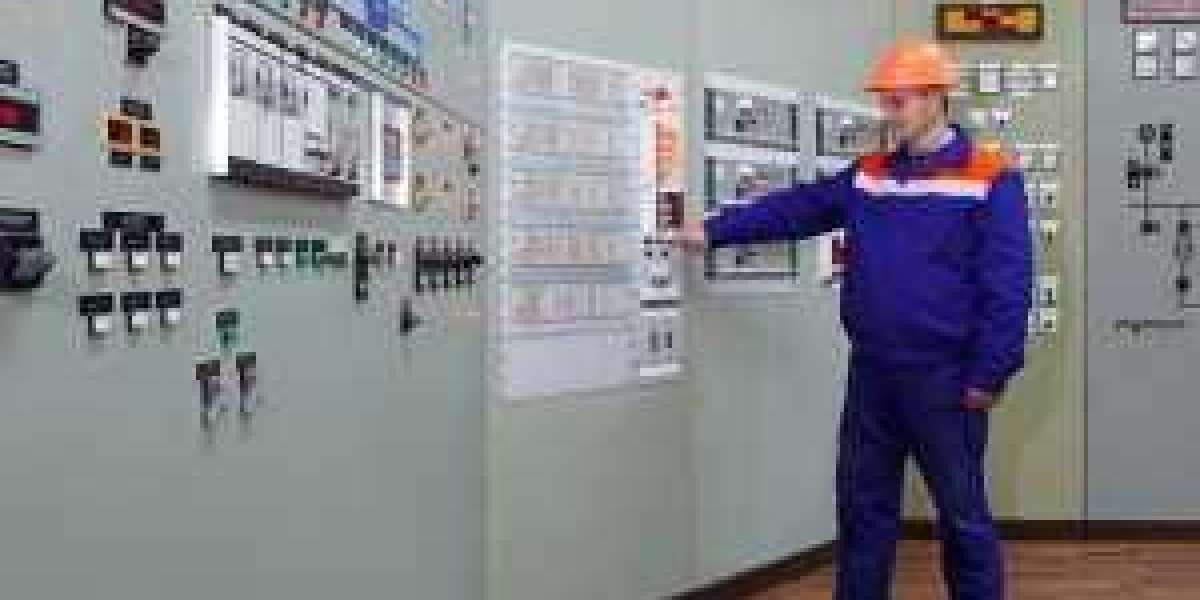What’s In for 2025
- Sustainable Materials
- In: Bamboo, cork, reclaimed wood, and recycled glass are top picks. Eco-conscious designs dominate renovations.
- Why: Homeowners value environmental responsibility and long-lasting materials.
- Bold Kitchens
- In: Colorful cabinetry, patterned backsplashes, and statement lighting.
- Why: Kitchens are becoming vibrant spaces for creativity, moving away from the all-white trend.
- Multi-Purpose Rooms
- In: Flex spaces that serve dual functions, like guest rooms doubling as offices.
- Why: Hybrid work lifestyles demand adaptability in home layouts.
- Smart Home Upgrades
- In: Integrated smart systems for lighting, security, and climate control.
- Why: Tech-savvy features boost convenience and energy efficiency.
- Warm and Earthy Tones
- In: Terracotta, sage green, and rich browns.
- Why: These tones create a cozy and inviting atmosphere, reflecting a connection to nature.
- Outdoor Living Spaces
- In: Fire pits, outdoor kitchens, and covered patios.
- Why: Outdoor spaces are essential for entertaining and relaxation.
- Textured Walls
- In: Cement rendering, Venetian plaster, and paneling.
- Why: Textures add depth and character to interiors and exteriors.
- Vintage and Retro Design Elements
- In: 70s-inspired furniture, antique fixtures, and bold prints.
- Why: Nostalgia blends seamlessly with modern styles, offering personality.
- Wellness-Focused Spaces
- In: Home gyms, meditation rooms, and spa-like bathrooms.
- Why: Health and wellness are top priorities for homeowners.
- Minimalism with Personality
- In: Clean lines with pops of color or unique decor pieces.
- Why: Minimalism remains timeless, but individuality adds charm.
What’s Out for 2025
- All-White Interiors
- Out: Overly sterile, monochromatic spaces.
- Why: Homeowners now prefer warmer, more dynamic color palettes.
- Open Shelving in Kitchens
- Out: Exposed shelves for dishes and cookware.
- Why: They’re hard to maintain and lack the functionality of closed storage.
- Industrial Design Overload
- Out: Overuse of raw, cold materials like steel and concrete.
- Why: Homeowners are moving toward softer, cozier aesthetics.
- Wall-to-Wall Carpeting
- Out: Fully carpeted rooms.
- Why: Hard flooring options like hardwood, laminate, and tiles are more popular and easier to maintain.
- Fast Furniture
- Out: Cheap, mass-produced furniture with a short lifespan.
- Why: Quality, sustainable pieces are now preferred for their longevity and style.
- Farmhouse Overload
- Out: Overdone shiplap, barn doors, and rustic accessories.
- Why: The trend feels oversaturated and has been replaced by modern-rustic hybrids.
- Oversized Bathrooms
- Out: Expansive bathrooms with wasted space.
- Why: Compact, efficient designs that maximize functionality are in demand.
- Grey Everything
- Out: Dominance of grey in walls, furniture, and decor.
- Why: Earth tones and bolder colors are taking over.
- Matching Furniture Sets
- Out: Identical furniture pieces in living and dining rooms.
- Why: Eclectic mixes of styles and textures feel more modern and curated.
- Overly Open Floor Plans
- Out: Completely open spaces without clear separation.
- Why: Defined zones with partial openness strike a better balance for privacy and functionality.
Conclusion
Home improvement blogs 2025 focus on sustainability, comfort, and personality. Whether you're planning a major remodel or a small upgrade, incorporating these "in" trends while steering clear of the "out" ones will ensure your home stays stylish and functional for years to come.






